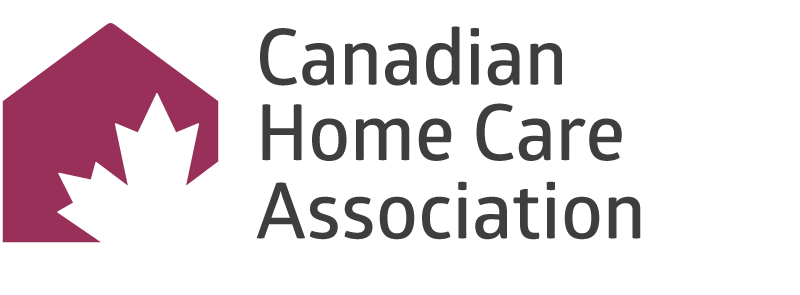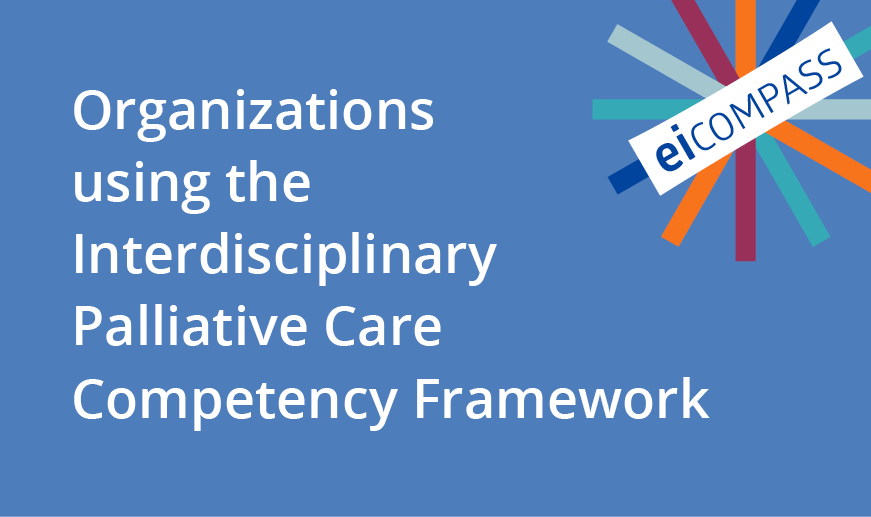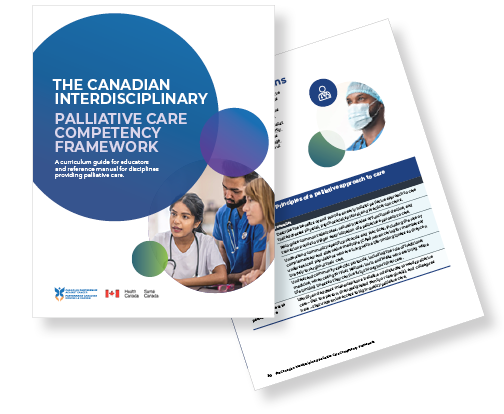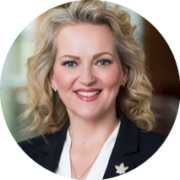Importantly, the Framework spells out the competencies by discipline for both generalists and specialists. Death is not a disease, and most people die without a specialist. Anyone working in the health care profession needs to be comfortable with someone dying. This document helps leaders know how to mentor those who are not prepared.
In health care, clinicians are typically rewarded for technical skills. But to have the emotional maturity and the ability to have crucial, empathetic conversations about advanced care planning is difficult. It is a learned skill, and the Competency Framework pays attention to that. So, while it doesn’t create a tactical road map, the Framework readies individuals and teams to build their aptitude in palliative care. It encourages practitioners to use an ethical perspective when thinking about how they should “be” in the moment and to think about their competencies and the areas they want to develop in an intentional and meaningful way. It also provides an effective way for leaders and mentors to work with students who typically have not been exposed to dying and do not know how to conduct themselves.
Applying the Framework can help busy home care providers function effectively within the team, enabling a tight, cohesive care unit. Knowing that team members are using the Competency Framework creates a level of confidence and comfort that skilled, knowledgeable individuals are in place. Taking the time to educate staff with the Competency Framework can reap benefits such as fewer calls for clarification, less time coordinating care and decreased use of unnecessary resources—emergency care, paramedic calls, additional home visits and more. Ultimately, it improves the quality of care for the patient and family.






















